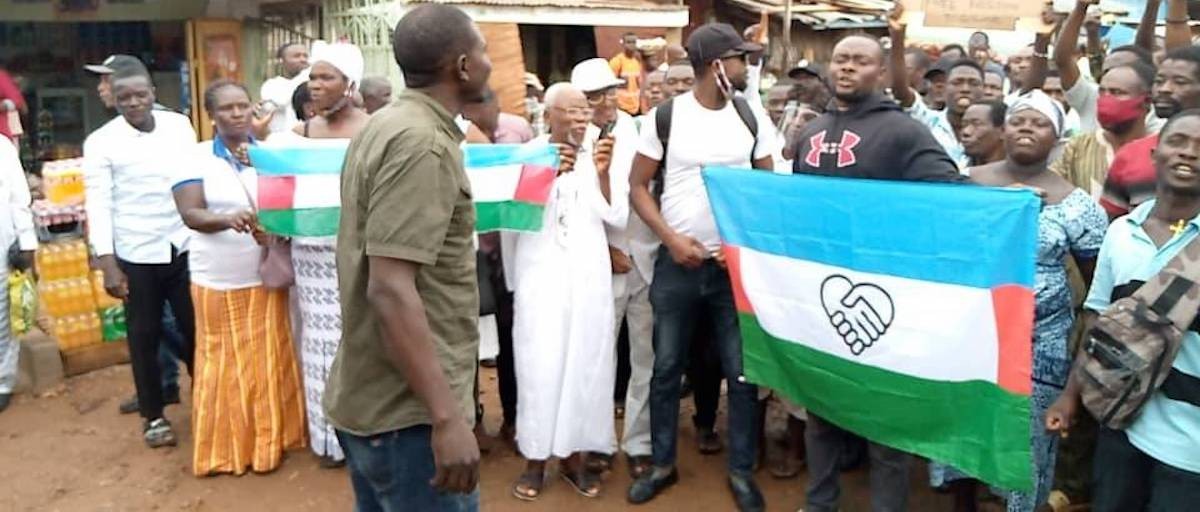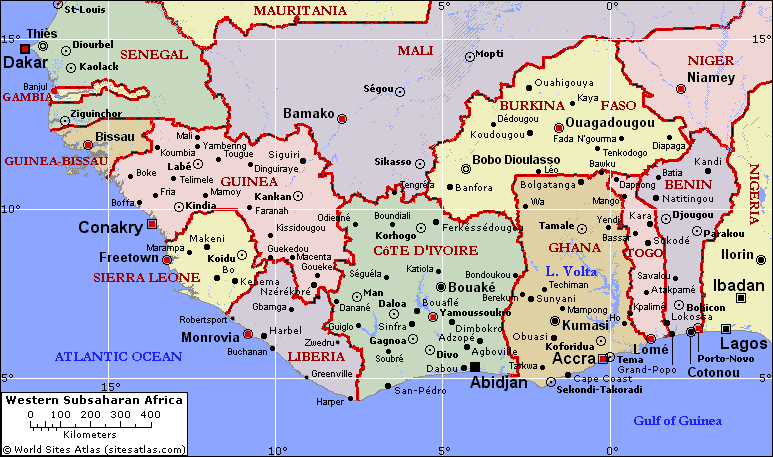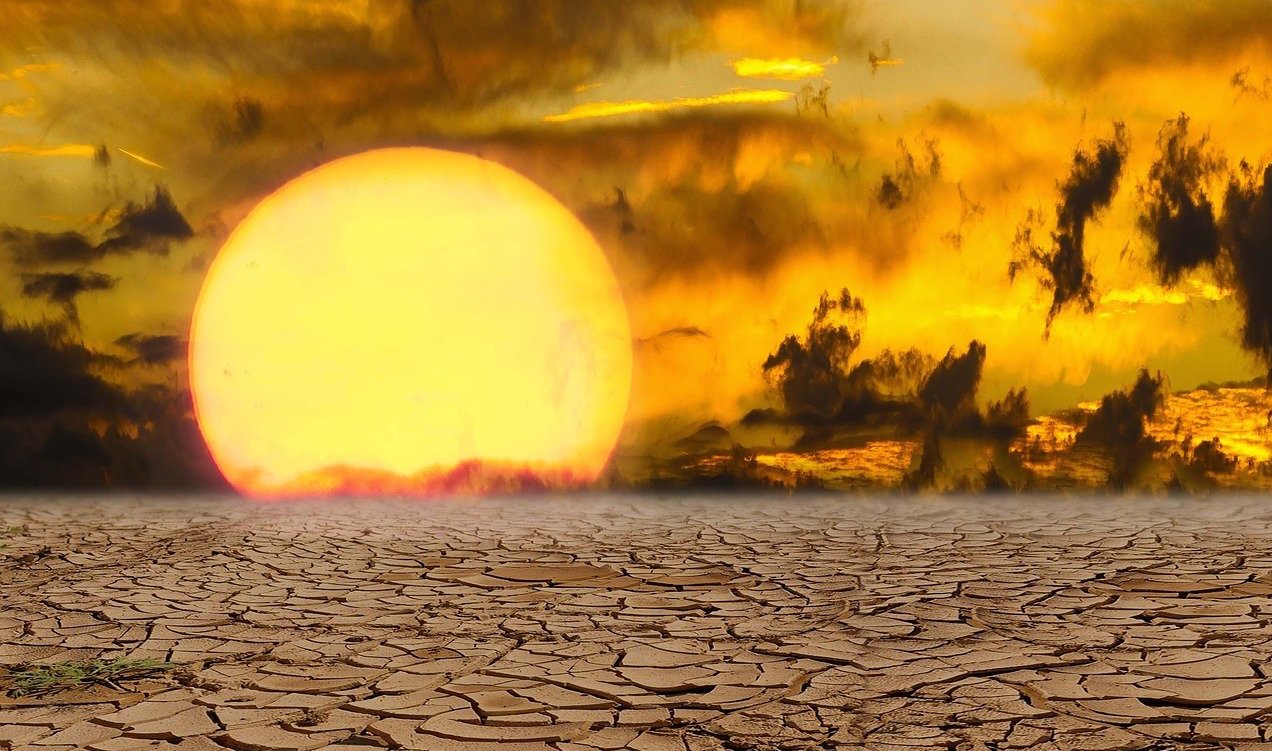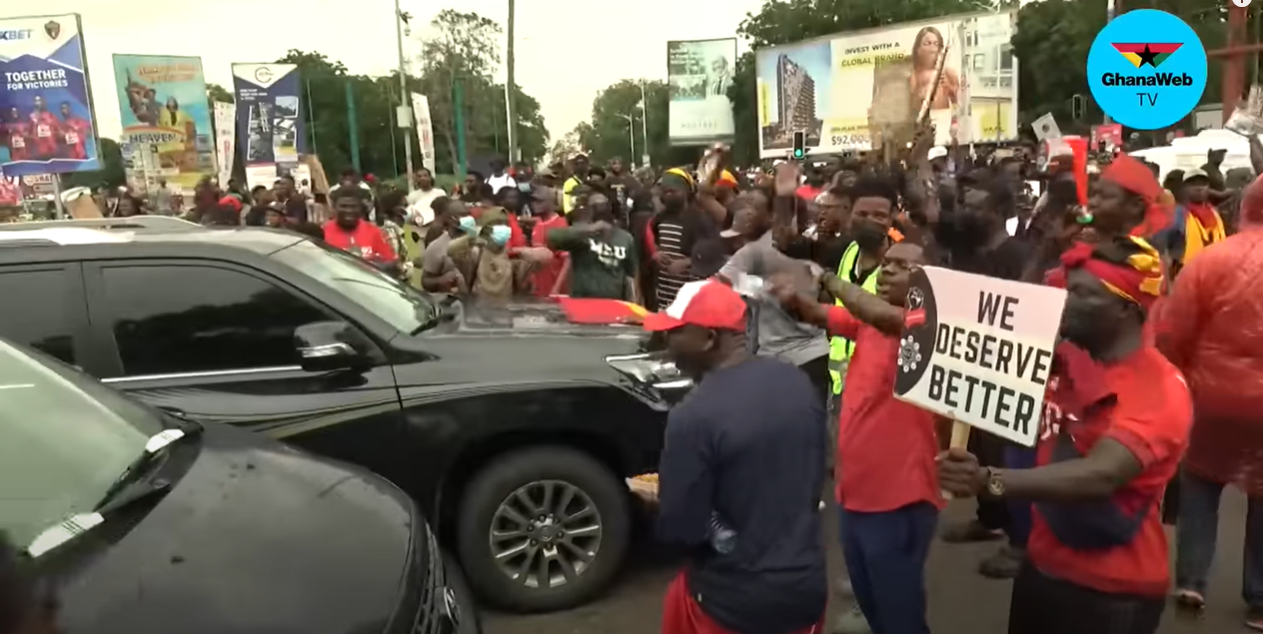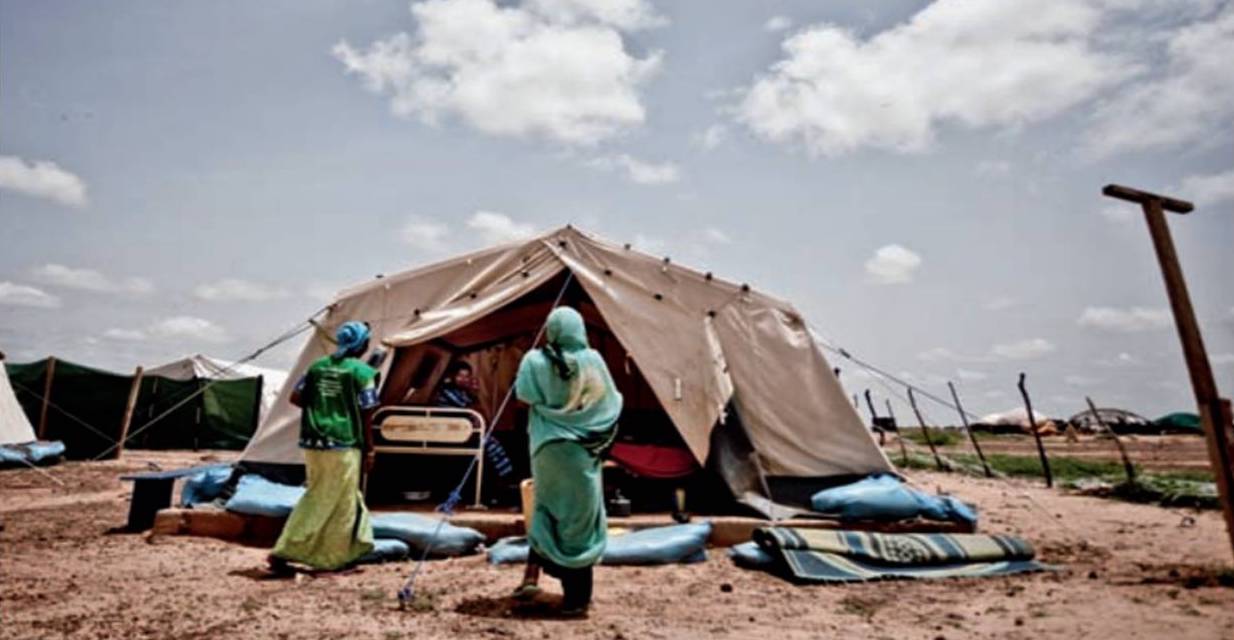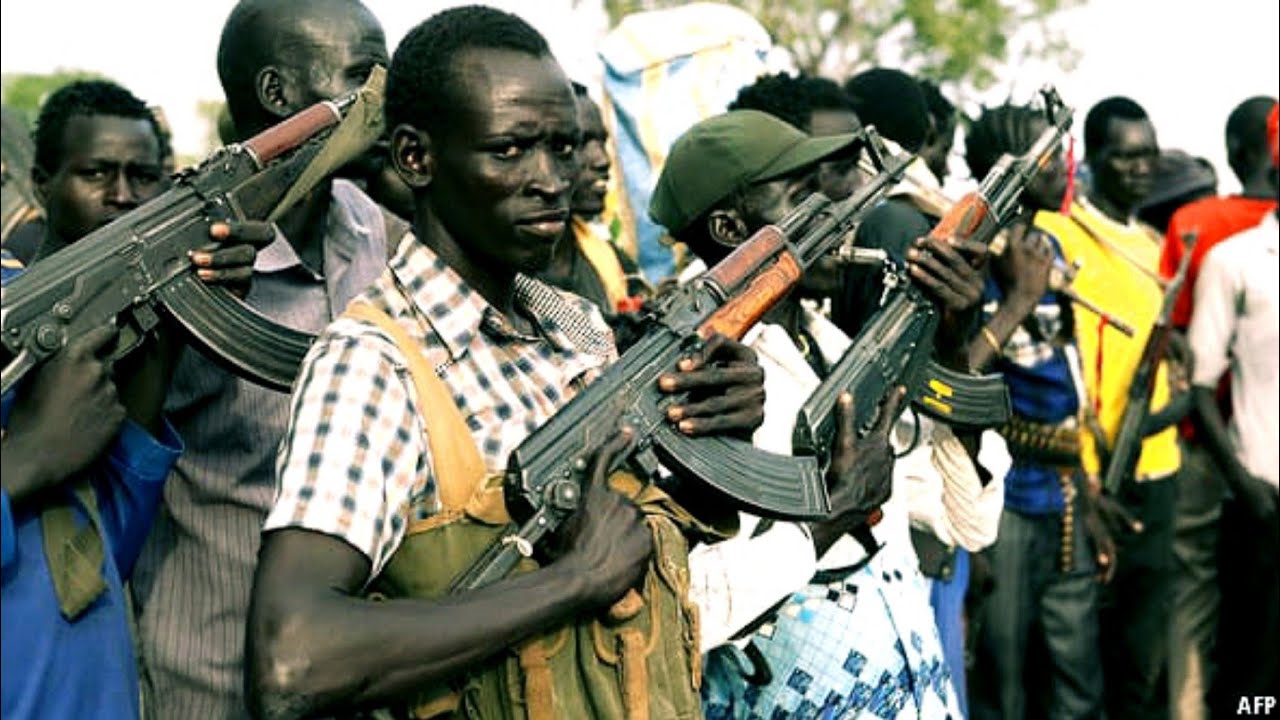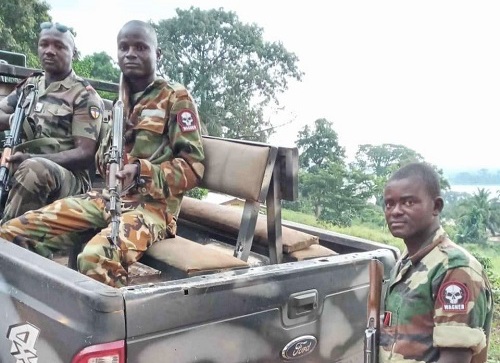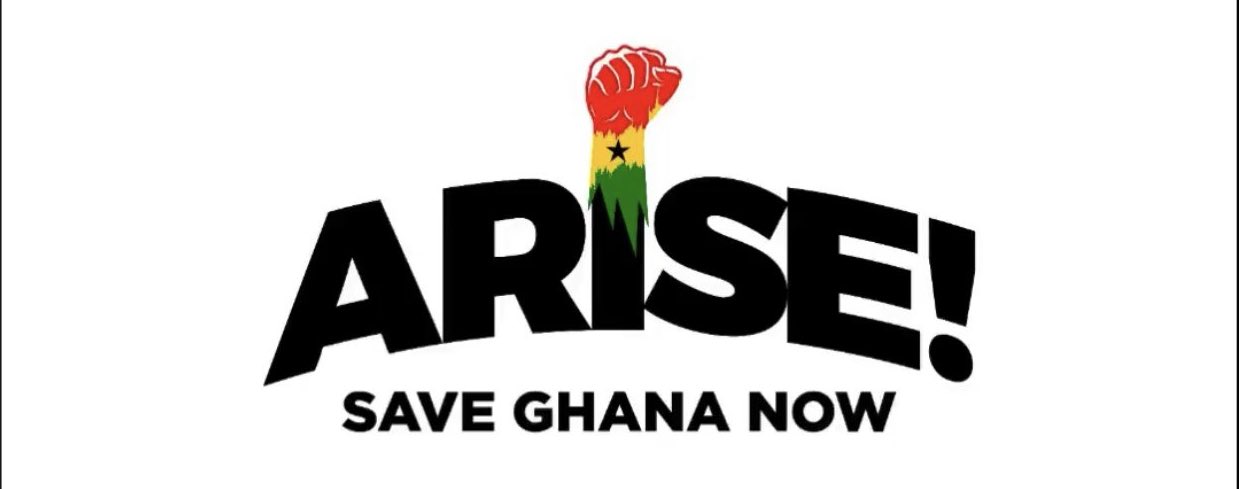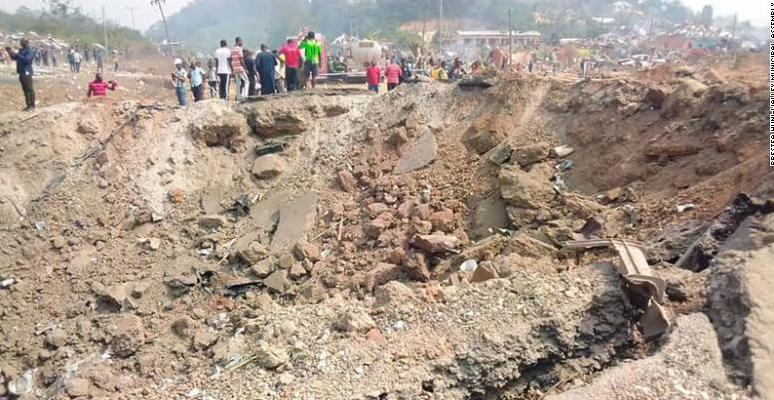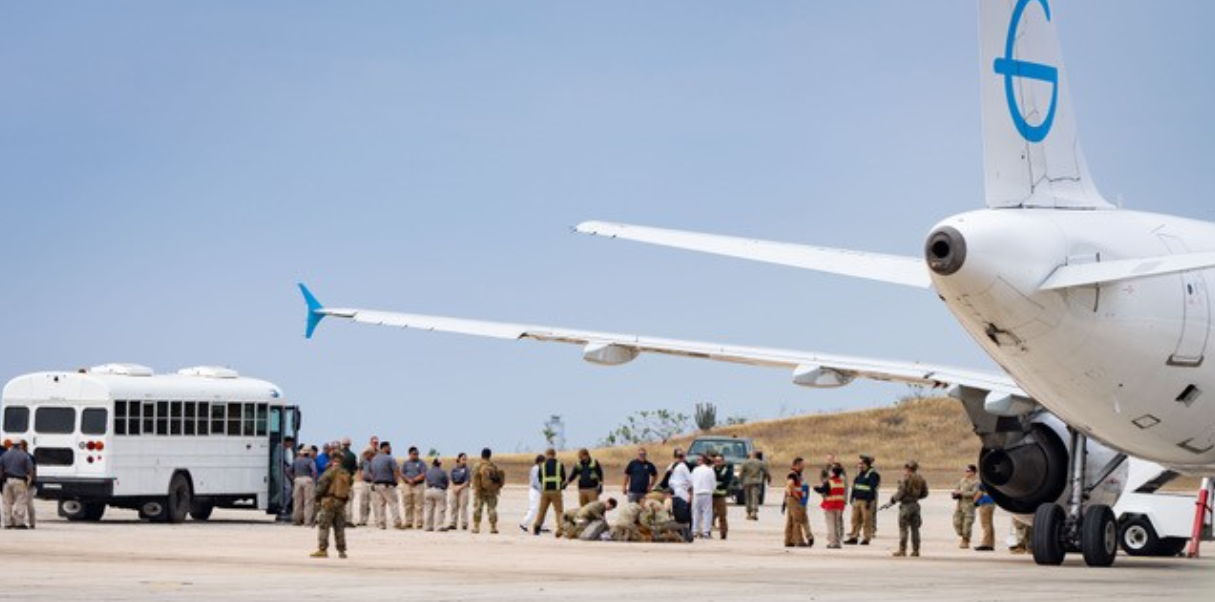
West Africans deported by US sue Ghana government
Eleven individuals deported from the US to Ghana filed a lawsuit against the Ghana government, charging that they were illegally held in a military detention camp. The legal action reflects the chaotic fallout following the deportations, which have resulted in deportees being scattered and “dumped” into neighboring African countries. The deportees are of multiple West African nationalities, none of which is Ghanaian. The deportations arose from a “third country deportation” agreement between the US and Ghana earlier this year. Ghana’s parliamentary minority bloc has now called for its suspension, as leaders claim the government entered into the agreement without proper legislative approval. (Photo: Venezuelan deportees in Honduras. Credit: ICE via Wikimedia Commons)



